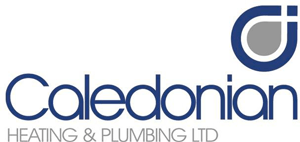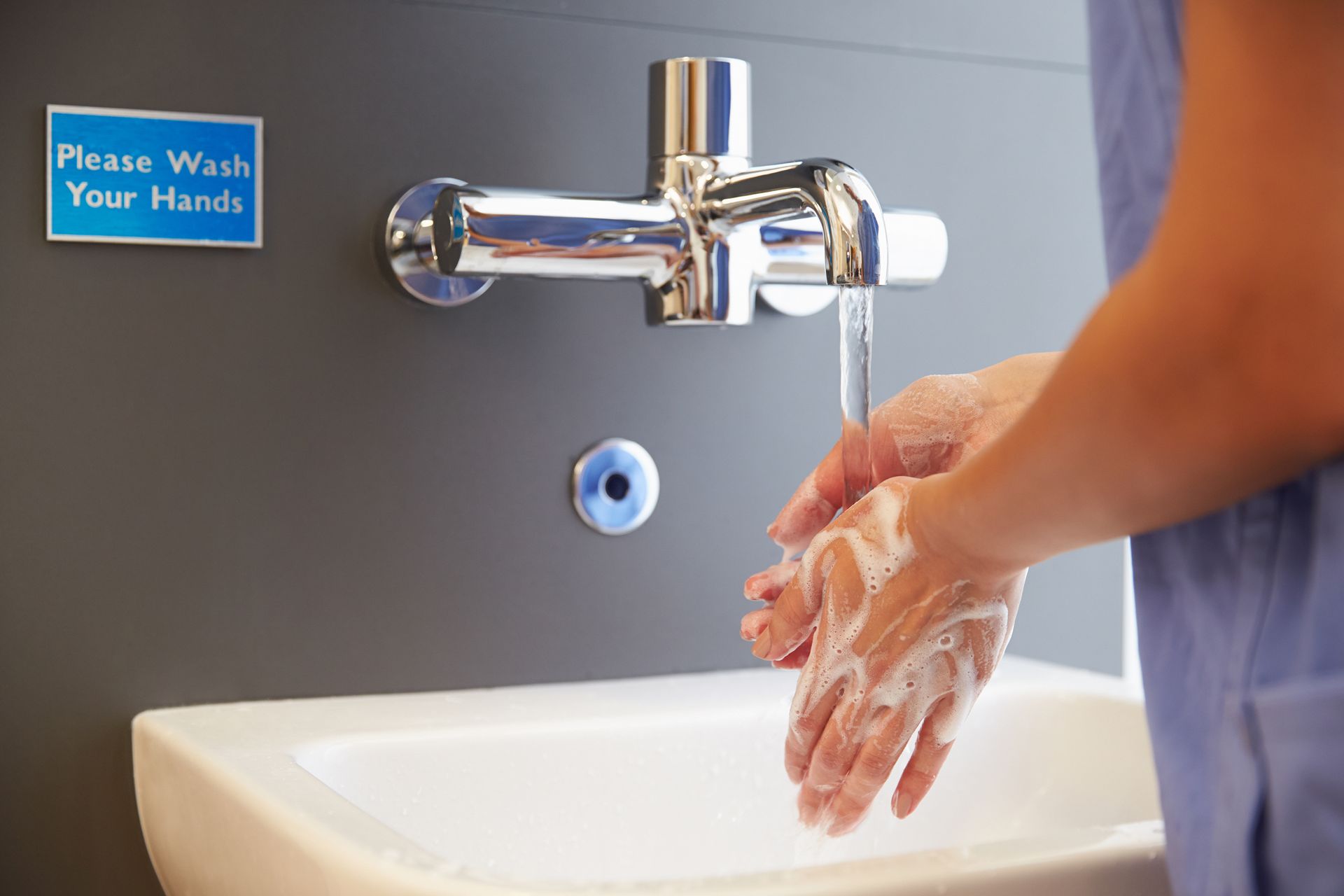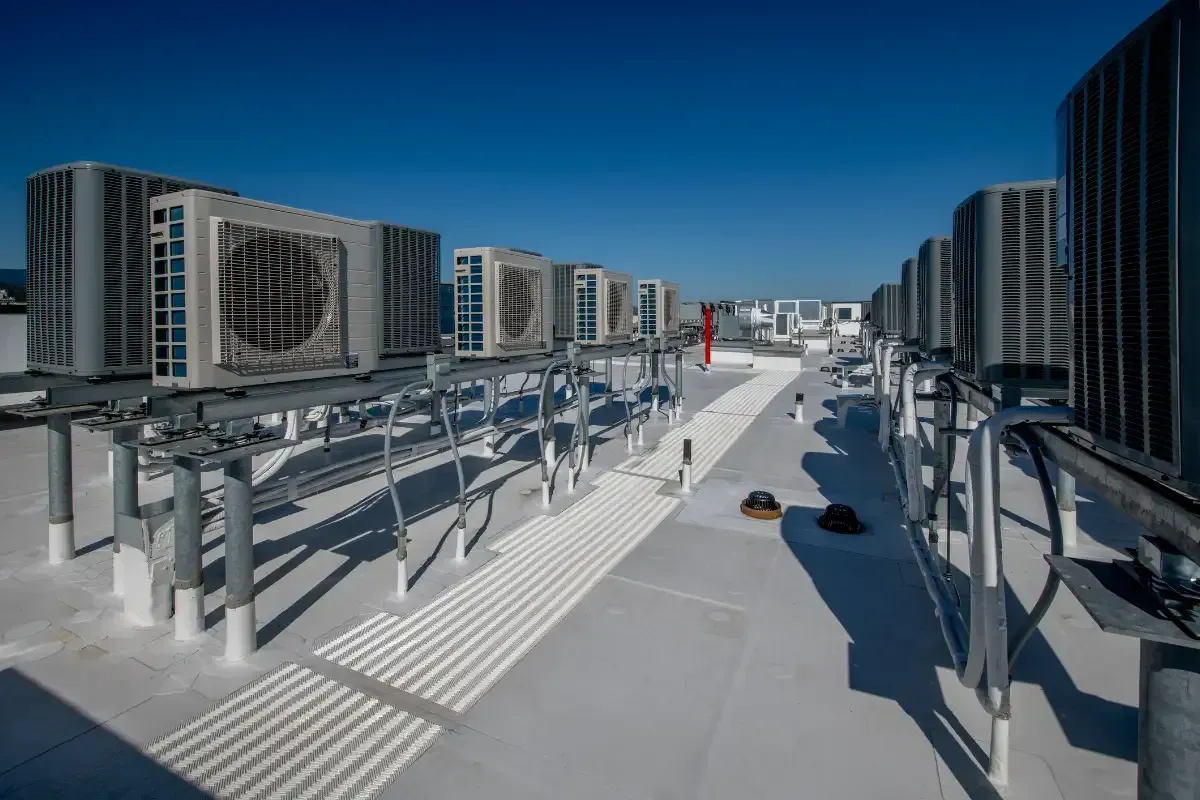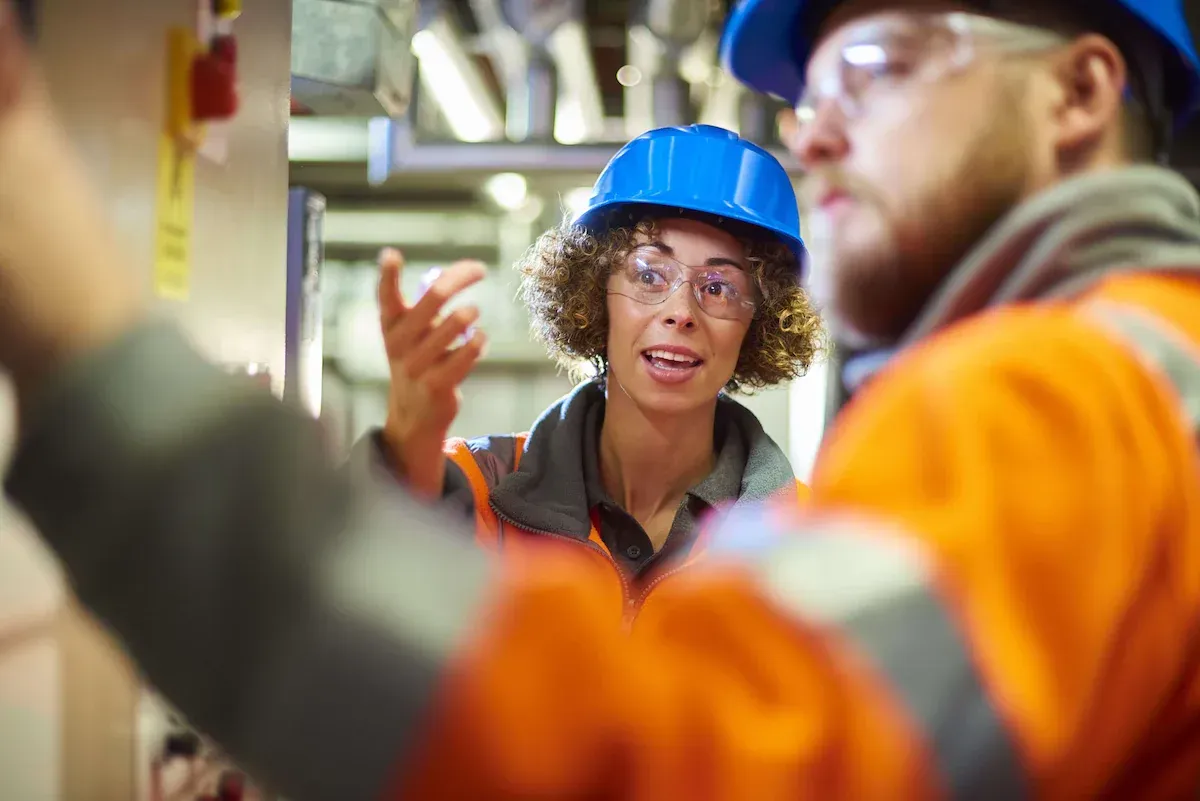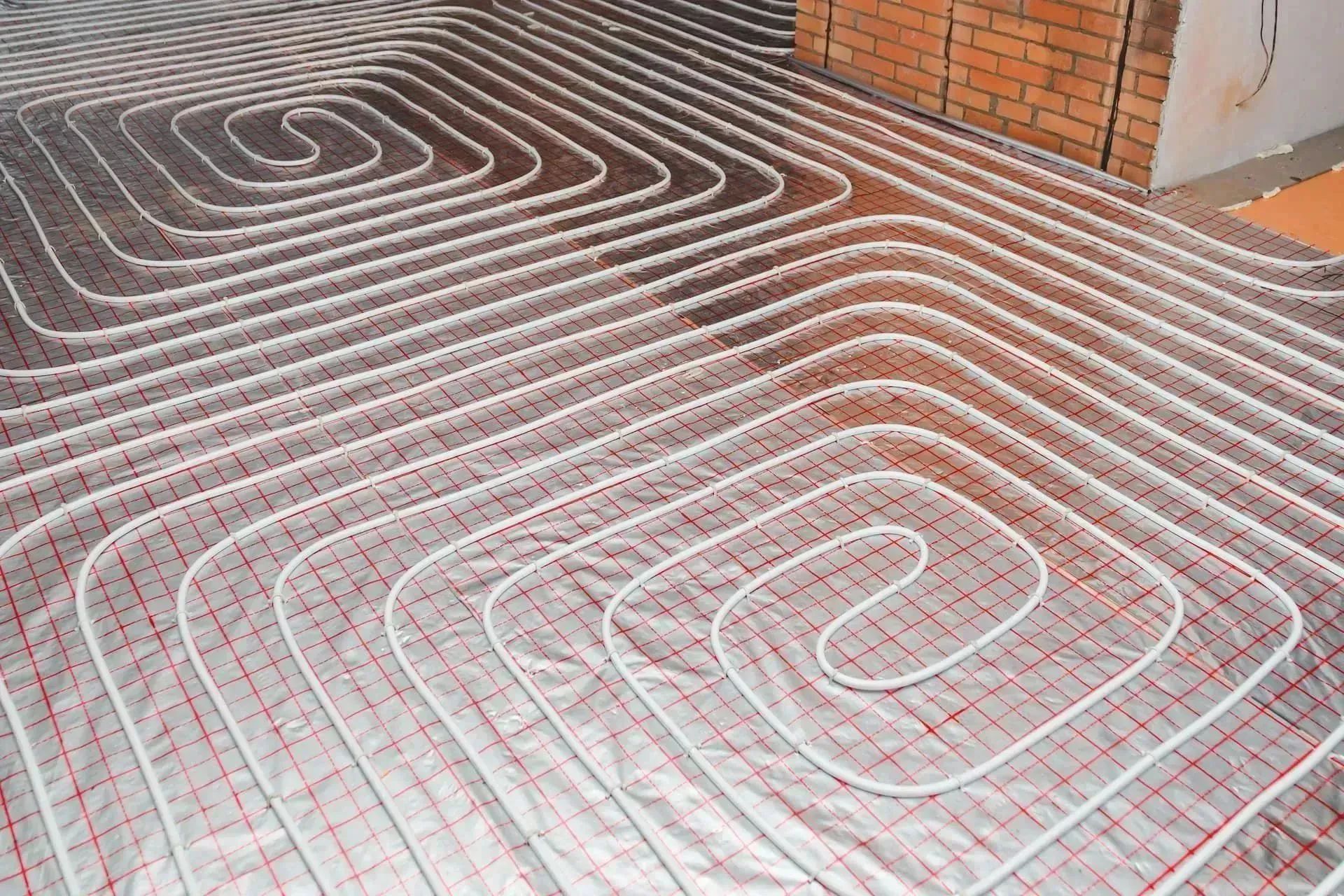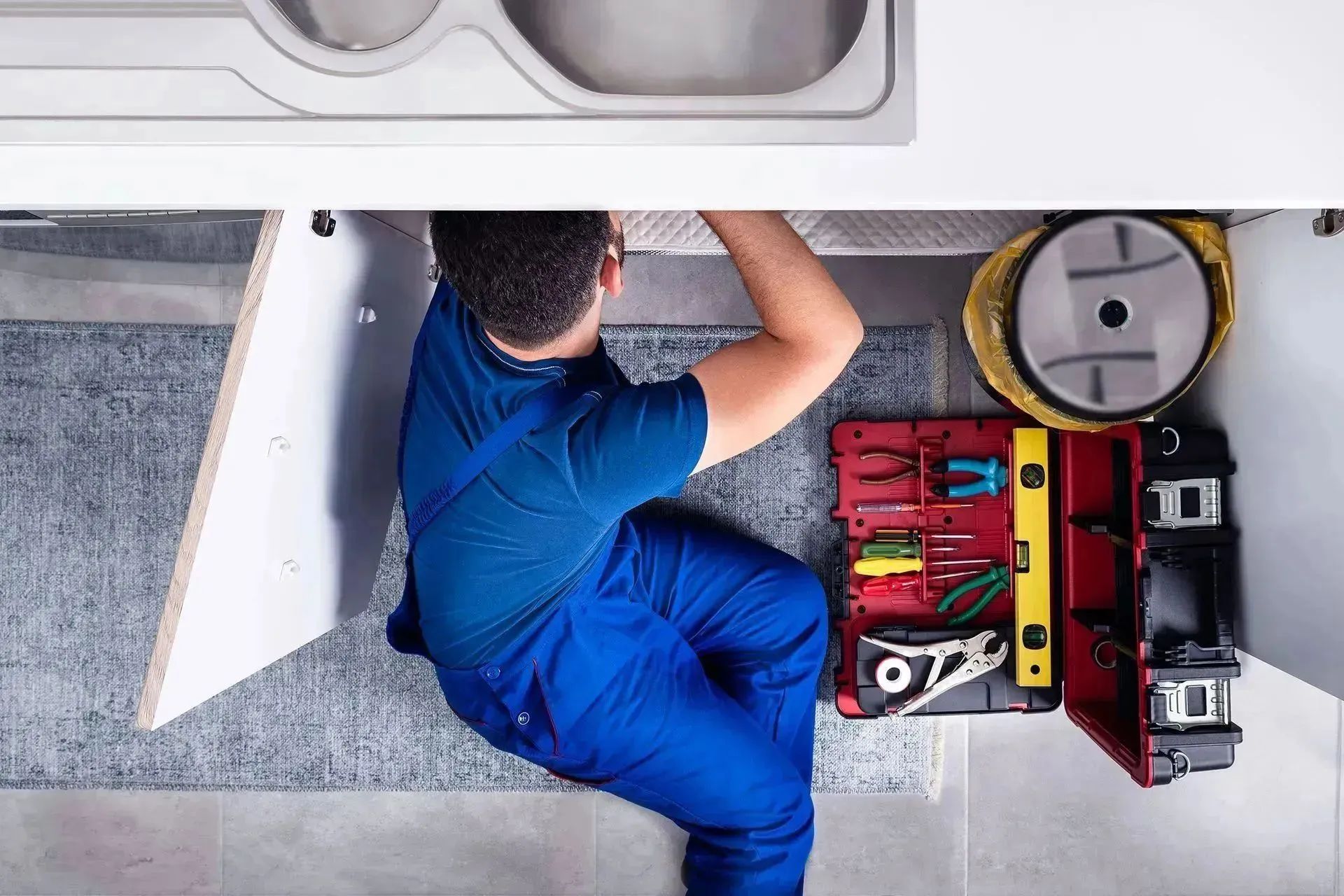Legionella Legislation in the UK: Key Requirements for Property Owners
Legionella legislation is the guidelines that govern how individuals and organisations should manage the risk of Legionella. But what exactly is Legionella, and how does this legislation affect you as a property owner?
What is Legionella?
Legionella is a waterborne bacterium commonly found in man-made water systems such as cooling towers, hot and cold water systems, humidifiers, hot tubs, and other water features. While Legionella can thrive in a variety of conditions, ranging from 20 to 45 degrees Celsius, it tends to prefer warm, stagnant water.
Legionella bacterial infection can occur from inhaling tiny contaminated water droplets and can lead to Legionnaires’ disease, a serious form of pneumonia. It is also associated with a milder flu-like illness, known as Pontiac fever.

Legionella legislation – what you need to know
Understanding the legislation, how it applies to you, and your legal obligations as a property owner is essential. There are two primary pieces of UK health and safety legislation regarding Legionella bacteria – the Health and Safety at Work etc. Act of 1974, and the Control of Substances Hazardous to Health Regulations of 2002.
The Health and Safety at Work etc. Act of 1974 is the primary piece of UK legislation covering occupational health and safety. Although the title of this act is ‘Health and Safety at Work’, this act places a legal duty of care on those in control of premises, whether that be a school, care home, gym, hotel, factory, or any other facility, not just a workplace.
It is the responsibility of the property owner to ensure the safety of others from hazards and dangers outlined in the act, including Legionella bacteria.
The Control of Substances Hazardous to Health Regulations of 2002 — also known as COSHH — is a UK law designed to protect people from hazardous substances, including Legionella bacteria. These regulations outline clear actions an employer or property owner must take to protect others from hazardous substances, including:
● Risk assessments:
Legionella risk assessments involve identifying potential sources of risk within a water system, assessing who might be affected and how, and determining what measures need to be taken to control these risks. This risk assessment should be carried out by a competent person and reviewed regularly.
● Control measures: Once the potential risks are identified in the risk assessment, control measures must be implemented to reduce/eliminate said risks. Examples of control measures for a Legionella risk can include removing redundant pipework, flushing infrequently used outlets, and installing anti-stagnation devices. These control measures should be well-documented and, like the risk assessment, be carried out by a competent and suitably trained person.
● System monitoring: Ongoing monitoring and reviews of your Legionella control measures are essential to ensure that they are still effective. Examples of this can include routine water temperature checks, water tank inspections, and microbiological sampling where necessary. All monitoring actions should be logged, and any unusual findings or results should be followed by swift corrective action.
Is a Legionella check a legal requirement?
Yes, carrying out at least one Legionella check is a legal requirement. Although there is no legal fixed frequency for Legionella checks following the initial assessment, you are required to carry out another assessment if there is reason to believe that the original check is no longer valid.
How often should a Legionella assessment be done legally?
There is no legal frequency for how frequently a Legionella assessment should be carried out, and an evaluation may be considered ‘no longer valid’ under certain conditions. Some potential examples include:
- Changes to the water system
- Monitoring data indicates that the control measures are no longer effective
- A case of Legionnaires’ disease is suspected/confirmed
Although there is no legal minimum when it comes to Legionella assessments, it is generally considered industry best practice to review risk assessments every 2 years, or annually for facilities considered to be ‘high risk’ such as hospitals and care homes.
Routine checks are usually quick and inexpensive, and can significantly reduce the risk of Legionella-related illnesses further down the line. By identifying potential risks early, property owners can take simple corrective actions to stop problems before they begin.
What happens if I don’t comply with Legionella legislation?
Failure to comply with Legionella legislation can have serious legal and financial consequences. As mentioned above, under the Health and Safety at Work Act and COSHH regulations, property owners and duty holders have a legal obligation to manage the risks associated with the presence of Legionella bacteria.
Neglecting these responsibilities can lead to penalties, including:
- Improvement or prohibition notices
In serious cases of extreme neglect, you can even face:
- Fines
- Criminal prosecution
- Imprisonment
How is Legionella tested?
Testing for Legionella may be simpler than you think!
Legionella testing involves collecting water samples from high-risk areas identified from Legionella risk assessments. These water samples are then sent off to a lab where they are analysed and tested to see if the presence of Legionella is detected. There are a few different detection techniques, and the results can take anywhere from 2-10 days to complete.
Does my business need a Legionella risk assessment?
There is a wide range of businesses that may benefit from a Legionella risk assessment, including but not limited to:
- Hospitality facilities
- Healthcare facilities
- Commercial buildings
- Educational facilities
- Gyms and leisure centres
- Dental practices
If you’d like to read more on the subject, why not check out our blog post on businesses that may benefit from Legionella risk assessments? If you’re still not sure, you’re more than welcome to reach out and contact us today — a member of our customer service team will be more than happy to advise you.
Get Legionella testing and risk assessments from Caledonian Heating & Plumbing
At Caledonian Heating & Plumbing, we are commercial gas heating, plumbing, and water treatment specialists servicing Edinburgh and the surrounding areas. Our team of experienced professionals are well-versed in all things water, including Legionella testing.
If you’d like to find out more about our services, would like a quote, or have any unanswered questions about Legionella testing and legislation, reach out and contact us today. Alternatively, you can also check out our FAQ page to find answers to some of the most common questions we receive about our services.
When it comes to Legionella testing, it’s important to have a service provider you can trust. Here at Caledonian Heating & Plumbing, our team of experienced professionals is ready to help. You can find out more about us here.

